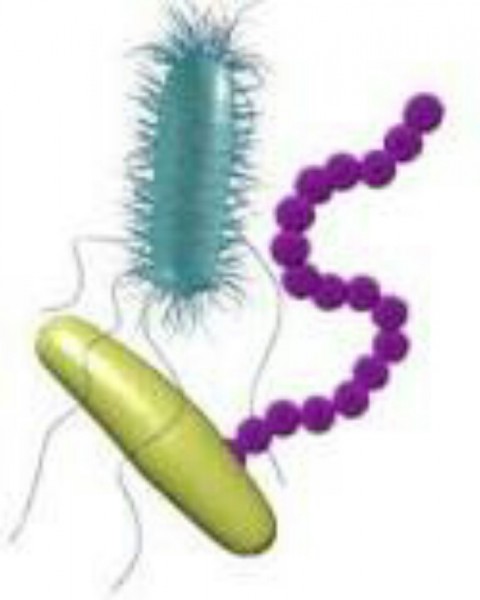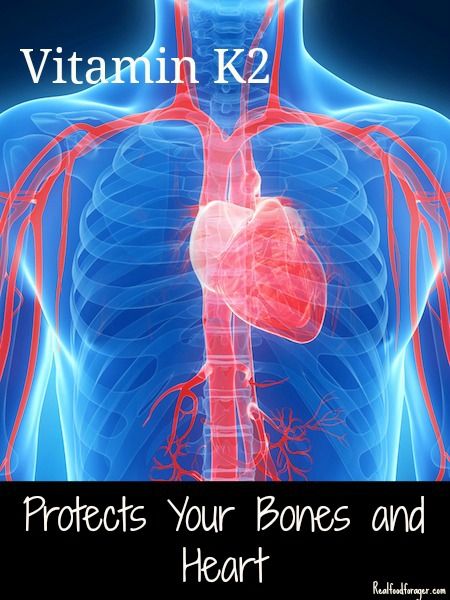Thanks to Wellness Warrior Annie for sharing this with us!

A great source of nutrition, a cashew is no less a superfood than other nuts. It is extremely rich in copper,manganese, magnesium, and tryptophan, and is a good source of many other essential nutrients like protein, iron, selenium, antioxidants, and phytochemicals. One serving of organic cashews is equivalent to ¼ cup or 34.26 grams and provides:
- 37.5% of your daily copper requirement
- 28.4% of your daily manganese requirement
- 28.1% of your daily tryptophan requirement
- 25% of your daily magnesium requirement
Everyone should add cashews to their diet, as they are extremely beneficial for health. Let us look at the some of the most important health benefits of these kidney-shaped nuts:
1. Cashews help you lower your risk of heart disease
Cashews, like other nuts, are a good source of antioxidants, which various studies have shown are capable of reducing the risk of coronary heart disease and cardiovascular disease. Given below is a brief description of two scientific studies that confirm their ability to improve cardiovascular health:
– Study 1
Researchers combined the evidence from four epidemiological studies – the Iowa Women’s study, Physician’s HealthStudy, Adventist Health Study, and Nurses’ Health Study – and found that:
- Participants who ate at least four servings of nuts per week had a 37% lower chance of suffering from heart disease than subjects who did not eat nuts
- Every additional serving of nuts over four servings per week further reduces the risk of heart disease by approximately 8%
– Study 2
Researchers who conducted the Iowa Women’s Health Study reveal that:
- Subjects who ate one serving of nuts, such as cashews, recorded 11% fewer incidences of death from coronary heart disease and cardiovascular disease
- Subjects who ate 1-4 servings of nuts recorded 19% fewer incidences of death from coronary heart disease and cardiovascular disease
2. Cashews promote good cardiovascular health
Cashews are rich in oleic acid, a monosaturated omega-9 fatty acid which constitutes 75% of the total monounsaturated fats present in cashews. Monosaturated fats, in turn, accounts for 75% of the total fat content in cashews.
Studies show that monosaturated fats, such as oleic acid, promote good heart health by reducing the levels of triglycerides in the blood. High triglyceride levels are known to considerably increase the risk of heart disease.
In addition to oleic acid, cashews are extremely rich in magnesium, an essential nutrient that helps hypertensive patients manage blood pressure. Hypertensive patients are at an increased risk of heart disease than people with normal blood pressure, and it is absolutely vital that they keep their blood pressure in check.
We provide the results of a recent study to help you better understand the anti-hypertensive capability of cashews.
– A new study shows magnesium lowers blood pressure in hypertensive patients
In a study conducted for 12 weeks, researchers gave magnesium supplements daily to the participants in one group and a placebo to other participants. At the end of the 12 weeks, researchers found that hypertensives who had received a supplement of magnesium oxide daily recorded a significant decrease in their blood pressure.
3. Cashews reduces the risk of colon cancer and health conditions caused by copper deficiency
Scientists believe that copper deficiency may be associated with increased fecal water alkaline phosphatase activity and fecal free radical production, both of which are listed as risk factors for colorectal cancer (colon cancer). Cashews have a high copper content one serving provides 37.5% of your daily copper requirement – andcan help you prevent colon cancer.
As a matter of fact, cashews are useful in the prevention of all health conditions associated with copper deficiency,such as ruptured blood vessels, osteoporosis, elevated LDL cholesterol, joint problems, anemia, and irregular heartbeat.
4. Cashews promotes healthy bones
Calcium is important for healthy bones, most of us know this. However, what many of us don’t know is that magnesium is as necessary as calcium for strong bones. Organic cashews are rich in both these minerals and are extremely beneficial for your bones.
5. Cashews prevents nerve cells from becoming over activated
Magnesium and calcium are two minerals which complement each other. Magnesium, in effect, works as a calcium channel blocker (CCB), regulating calcium’s entry into the bloodstream. In other words, a magnesium deficiency can lead to high blood calcium levels, which in turn can lead to serious health conditions such as overactive nerve cells.
Ample intake of magnesium keeps the nerve cells relaxed and obviates the risk of overactive nerve cells. Magnesium also prevents other health conditions associated with too much calcium in the bloodstream, such as heart attack and high blood pressure. In addition, regular intake of magnesium is known to reduce the frequency of migraine headaches, reduce the severity of an asthma attack, and relieve muscle tension, soreness, and fatigue.Cashews are a great source of magnesium, allowing you to easily meet your daily requirement for magnesium and enjoy the health benefits that ample intake of magnesium yields.
6. Cashews help in weight management
Contrary to popular belief, nuts lower your risk of weight gain. Although cashews, like other nuts, have high fat content, they help you in weight management, primarily because most of the fat is a good fat. They are also a good source of fiber, which, when consumed in abundance, minimizes the risk of weight gain.
A study published in the esteemed journal Obesity shows that nuts can be good for people who don’t want to gain weight. Take a look:
An independent study confirms that nuts aid weight management:
Spanish researchers conducted a study involving 8,865 participants and recorded the following observations:
- Participants who ate two or more servings of nuts per week had a 31% less chance of putting on weight than individuals who never or seldom ate nuts
- Among those who put on weight, participants who ate nuts at least two times a week put on less weight than participants who never or seldom ate nuts
7. Cashews prevent gallstones
According to the data collected on more than 80,000 women from the Nurses’ Health Study, women who eat one ounce of nuts like cashews are 25% less likely to develop gallstones.
How many servings of cashew you must eat in a week to enjoy the health benefits it provides?
It is recommended that you consume at least 4 servings of raw organic cashews per week to enjoy the numerous health benefits that it provides.
Safety Concerns
Cashews are safe for everyone, except for those who are allergic to them or who have a certain specific conditions.Here are a few safety concerns associated with cashews:
- Cashews interfere with other minerals such as calcium. If you are taking cashews to help you with a particular condition, speak to your doctor before eating them. This is because the intake of cashews may need to be closely monitored in such cases. Healthy people, on the other hand, do not have to worry about such things and can safely eat as many servings of cashews as they want in a week.
- You should not have cashews if you are allergic to them. Consult your doctor immediately if you develop a food allergy after eating cashews. Common symptoms associated with food allergy include, but are not limited to, the following: skin rash, swelling of the throat, lips, or tongue, eczema, nasal congestion, wheezing, difficulty breathing, light-headedness, dizziness, diarrhea, constipation, insomnia, and fatigue.












